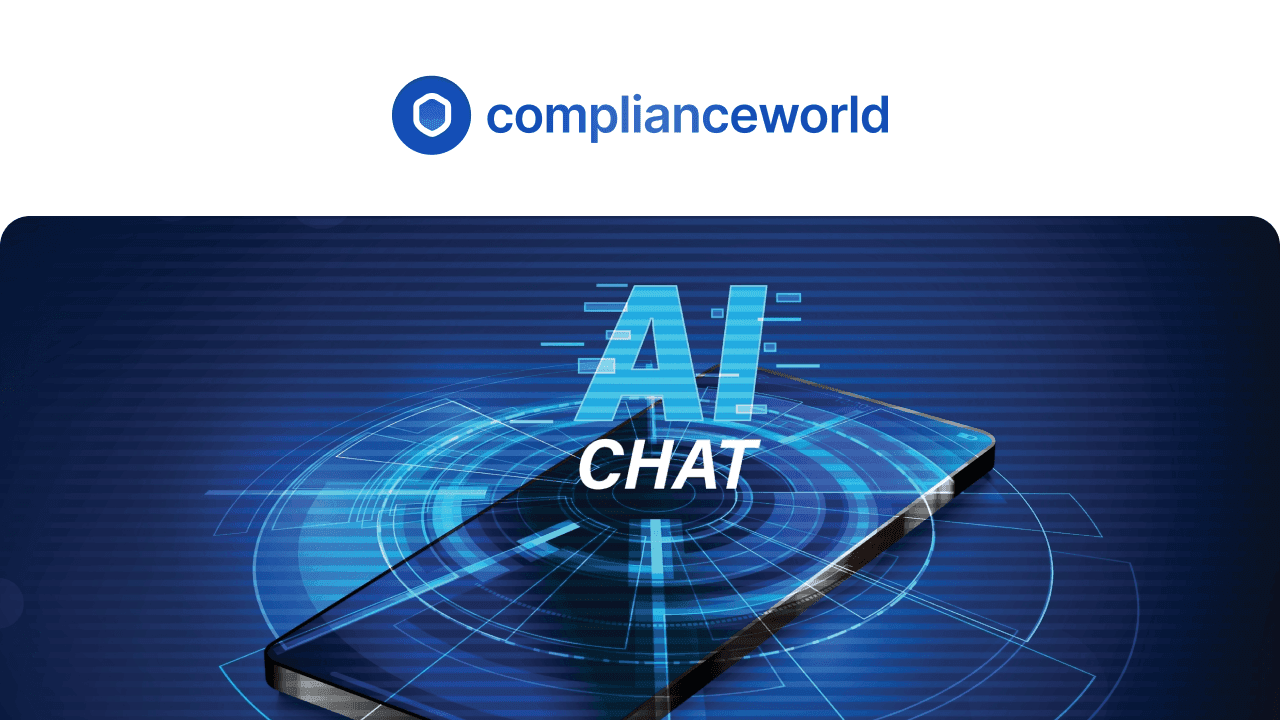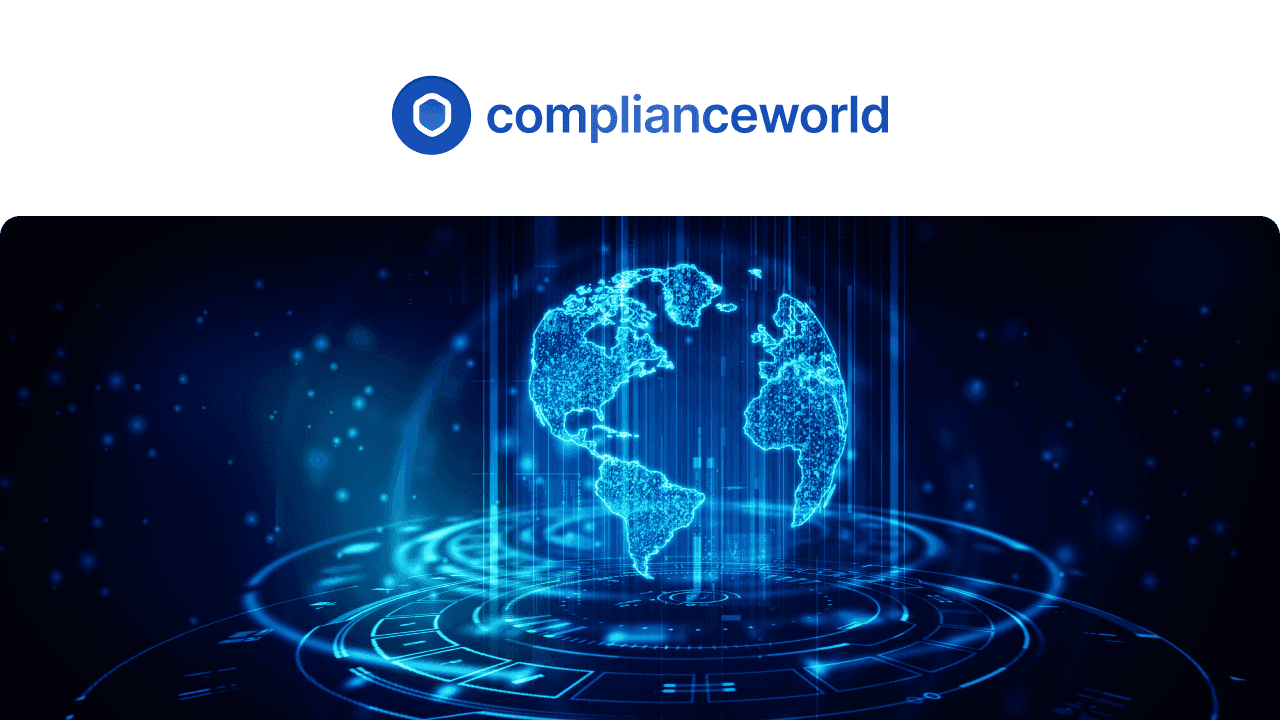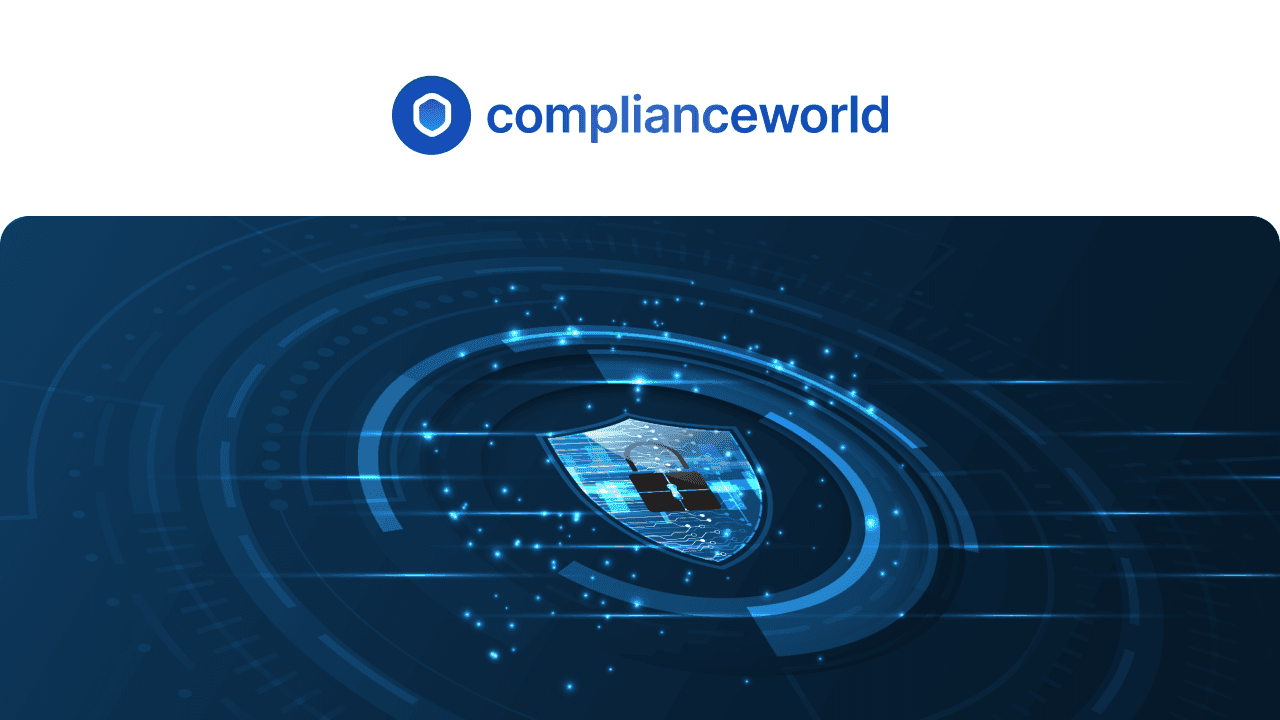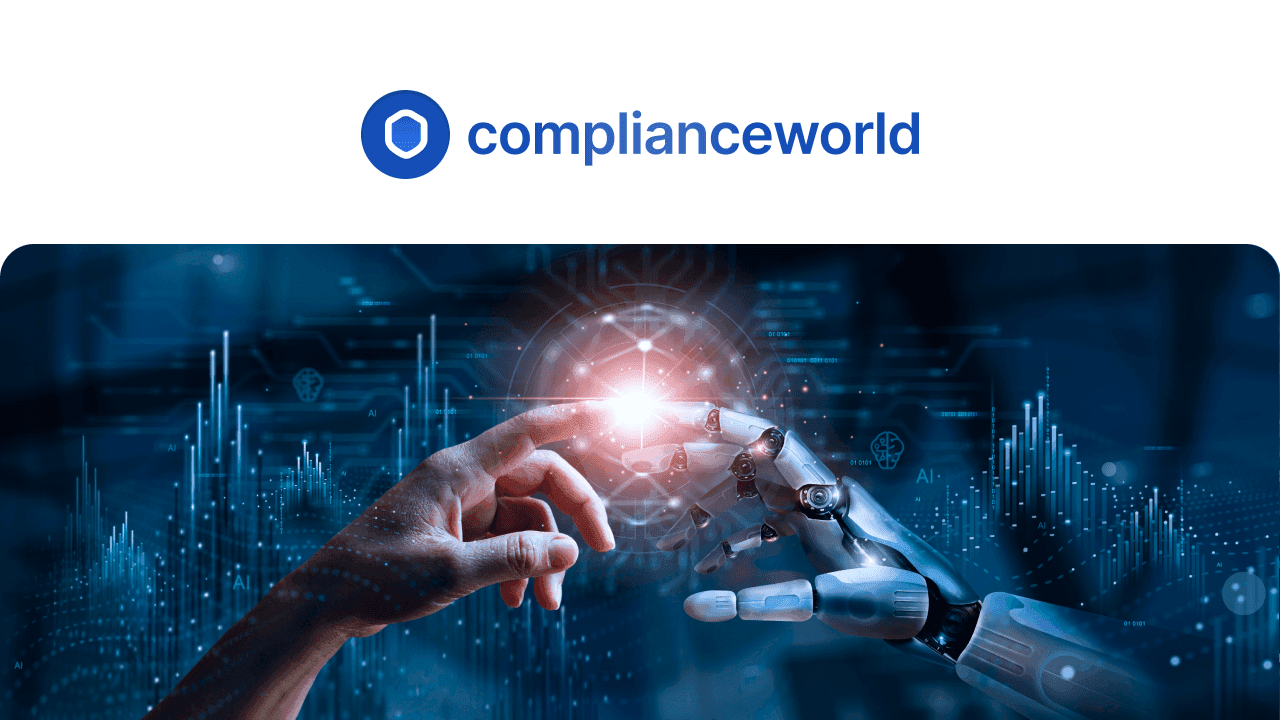
In the realm of business, compliance isn't just a word; it's a lifeline. The adherence to laws, regulations, guidelines, and specifications relevant to businesses not only ensures their longevity but safeguards their reputation in an ever-watchful world. The shift from traditional to digital means of maintaining this adherence has been monumental, to say the least. And now, as we stand at the crossroads of a technological renaissance, the amalgamation of artificial intelligence (AI) with compliance tasks is reshaping how enterprises approach regulatory requirements. This article aims to unravel this transformative journey, casting light upon the history of compliance and illuminating the significant influence AI has had upon it.
The Historical Landscape of Compliance
The age-old practice of compliance has always been a meticulous endeavor. In the pre-digital era, businesses navigated a sea of manual record-keeping. Stacks of paperwork represented not just transactions, but trustworthiness. While the dedication to maintaining these documents was commendable, it was not without flaws. Human diligence was at the core, and where there's human involvement, errors are inevitable. Misfiled papers or overlooked regulations could spell disaster, often leading to financial penalties or damaged reputations.
As technology began to permeate businesses, the early stages of digital compliance emerged, promising reduced errors and enhanced efficiency. The shift to digital databases was monumental. No longer were companies solely reliant on physical ledgers and manual audits. New software solutions emerged, designed specifically to track, audit, and ensure adherence to regulations. This digital transformation, while revolutionary, was only the beginning. As the global business landscape expanded, there was a pressing need for unified regulations, ensuring that cross-border transactions and operations met a certain standard of compliance.
But even as digital solutions made compliance more manageable, the world of business was rapidly evolving. With global expansion came the complexity of navigating the myriad regulations unique to each country or region. This ever-changing landscape of rules and requirements set the stage for a newer, more dynamic solution. Little did anyone anticipate that the answer would lie in the realms of artificial intelligence.
The Rise of AI in Compliance
The last few decades have borne witness to an unprecedented upsurge in regulatory changes, propelled by an increasingly interconnected global economy and mounting concerns about data privacy, environmental conservation, and ethical business practices. With each year, the complexities in compliance grew, outpacing the capabilities of traditional digital tools. The time-intensive process of manually keeping up with every regulatory update became a veritable Achilles heel for businesses. This was the chasm that AI was poised to bridge.
Harnessing the power of real-time data analysis, artificial intelligence transformed compliance from a reactive function to a proactive strategy. Machine learning models, with their adaptive algorithms, were no longer just tools but partners, learning from past data, predicting potential pitfalls, and steering businesses away from them. Natural language processing (NLP) played an integral role, sifting through vast amounts of compliance-related content, decoding the often arcane legalese, and presenting actionable insights. Suddenly, businesses had at their fingertips a tool that could not only interpret and adhere to current regulations but also anticipate future shifts, ensuring they were always a step ahead.
Legislative Nuances in Different Countries
The global tapestry of compliance is as varied as the cultures and economies that compose it. In the European Union, the introduction of the General Data Protection Regulation (GDPR) marked a paradigm shift in data privacy standards. This regulation, with its stringent data protection principles and substantial penalties for non-compliance, posed a challenge for many enterprises. However, AI-driven tools, equipped with capabilities to parse through complex GDPR guidelines, made compliance not only attainable but efficient, allowing businesses to function seamlessly across European borders.
Across the Atlantic, the United States presented a patchwork quilt of regulations. While there were federal standards, individual states often had their unique sets of rules, like the California Consumer Privacy Act (CCPA) in California. Here, the adaptability of AI shone through, allowing businesses to navigate the varied compliance landscape, adjusting to each state's unique requirements without missing a beat.
In Asia, the challenge was different yet again. Countries like China, Japan, and Singapore each came with their distinct regulatory frameworks, influenced by their individual economic, cultural, and political landscapes. Multinational corporations found themselves juggling multiple compliance balls, a task made infinitely easier with the advent of AI. It offered a unified platform, yet one that could tailor its approach to each country's distinct needs.
Emerging markets, with their rapidly changing regulations, posed perhaps the most significant challenge. Countries like India, Brazil, and South Africa, while brimming with potential, were also rife with regulatory volatility. But with AI, businesses had a tool that wasn’t just reactive but predictive, ensuring they weren't just keeping up but staying ahead.
Tangible Benefits of AI-Driven Compliance
The integration of artificial intelligence into the world of compliance isn't just about meeting the evolving requirements; it's about capitalizing on the newfound efficiencies and advantages AI offers. One of the most immediately noticeable benefits has been the sheer speed and efficiency brought about by AI tools. Traditional methods, even digital ones, often involved sifting through copious amounts of data, a task that AI accomplishes in mere fractions of the time. This newfound speed doesn't just mean saving time; it translates to tangible cost savings, as fewer hours are spent in compliance-related tasks.
But perhaps even more significant is the drastic reduction in human error. By minimizing the human factor in data processing and reporting, businesses see a drop in mistakes, which can sometimes lead to hefty penalties or legal complications. Furthermore, AI's ability to continuously learn and adapt means that the system only gets better and more accurate with time, further enhancing its reliability.
Financial ramifications aside, AI-driven compliance tools also offer an invaluable peace of mind. With predictive capabilities, businesses can anticipate potential regulatory changes, ensuring they are never caught off guard. This forward-thinking approach, facilitated by AI, ensures that enterprises remain future-ready, always prepared for the next wave of regulatory changes.






